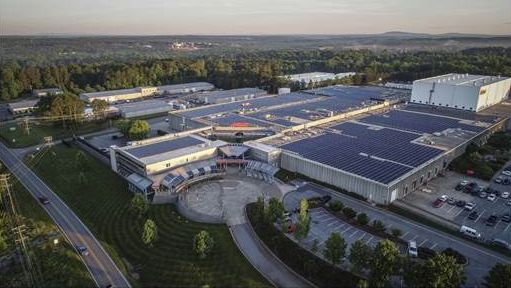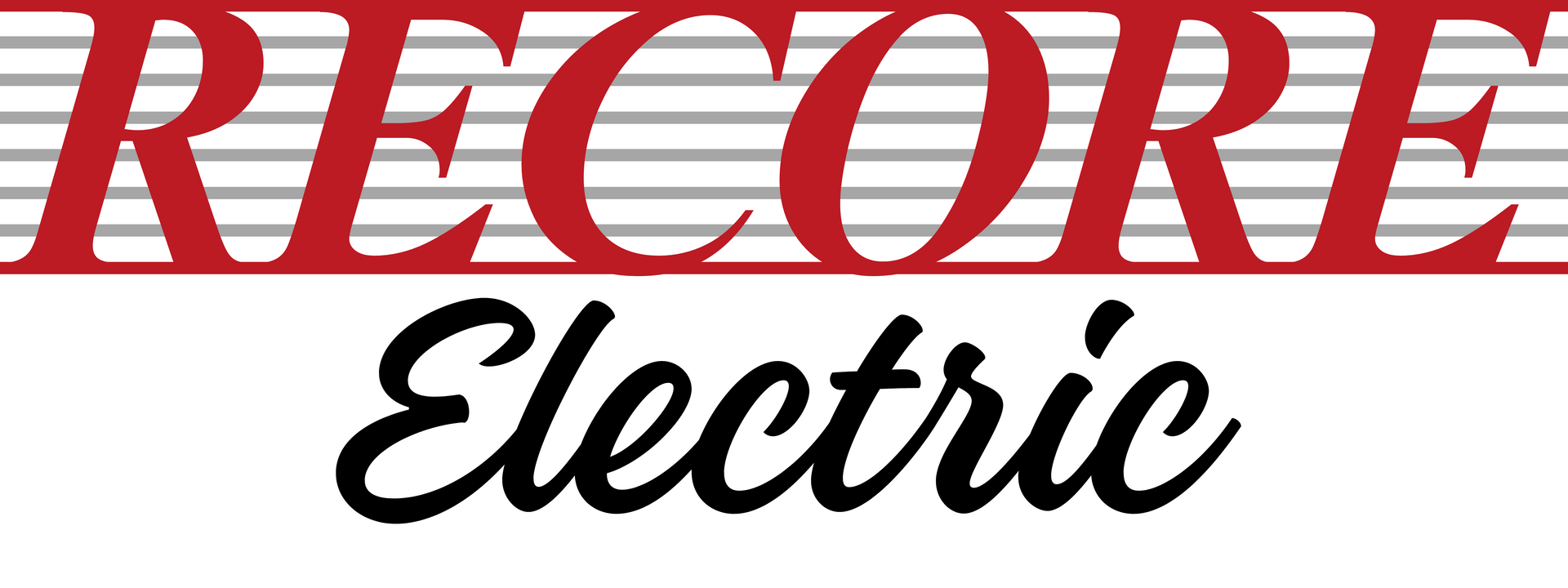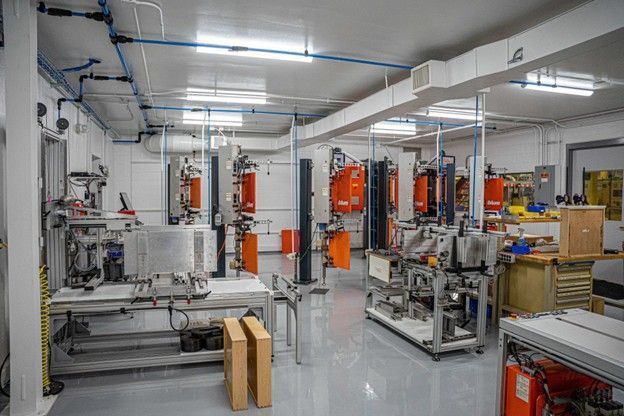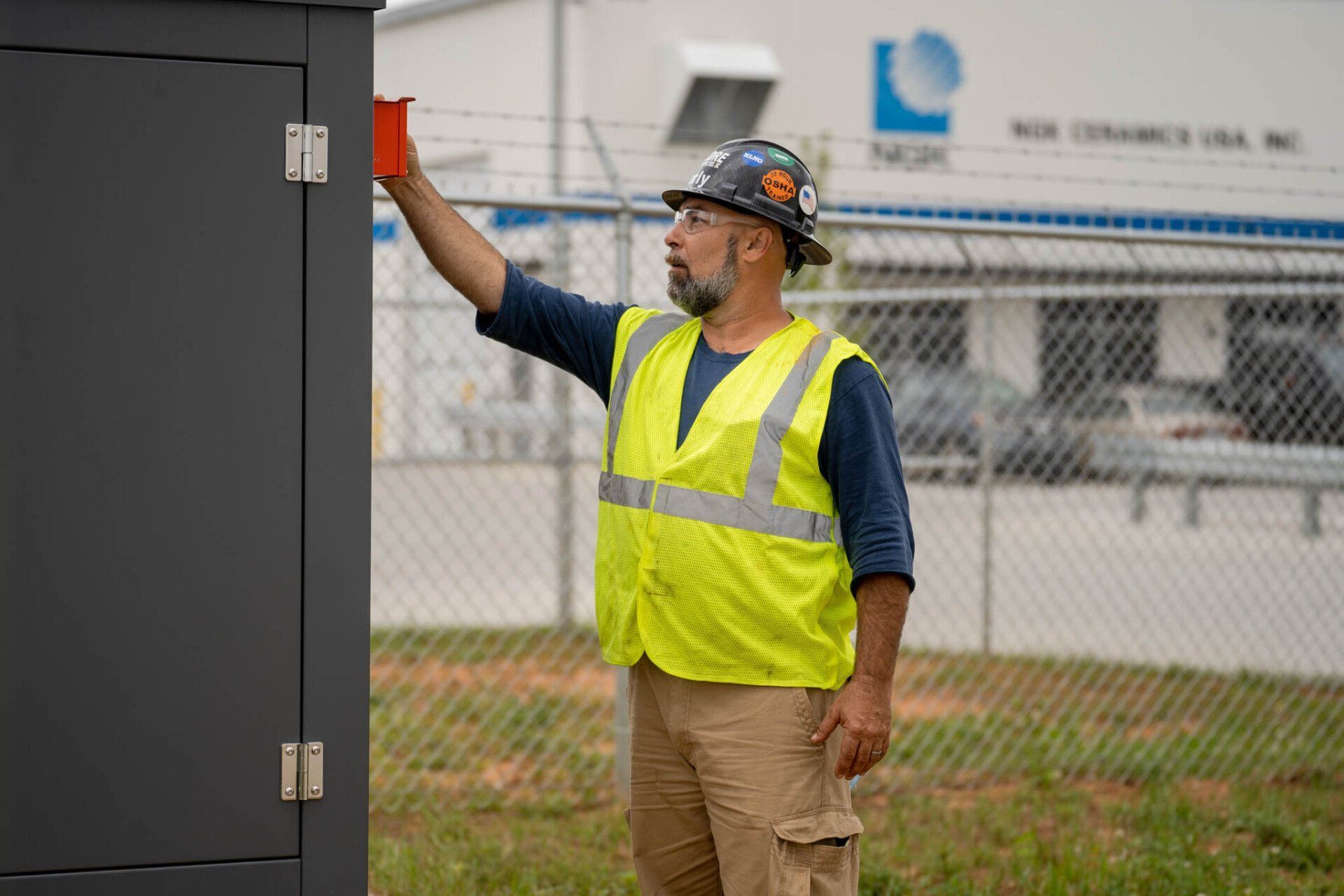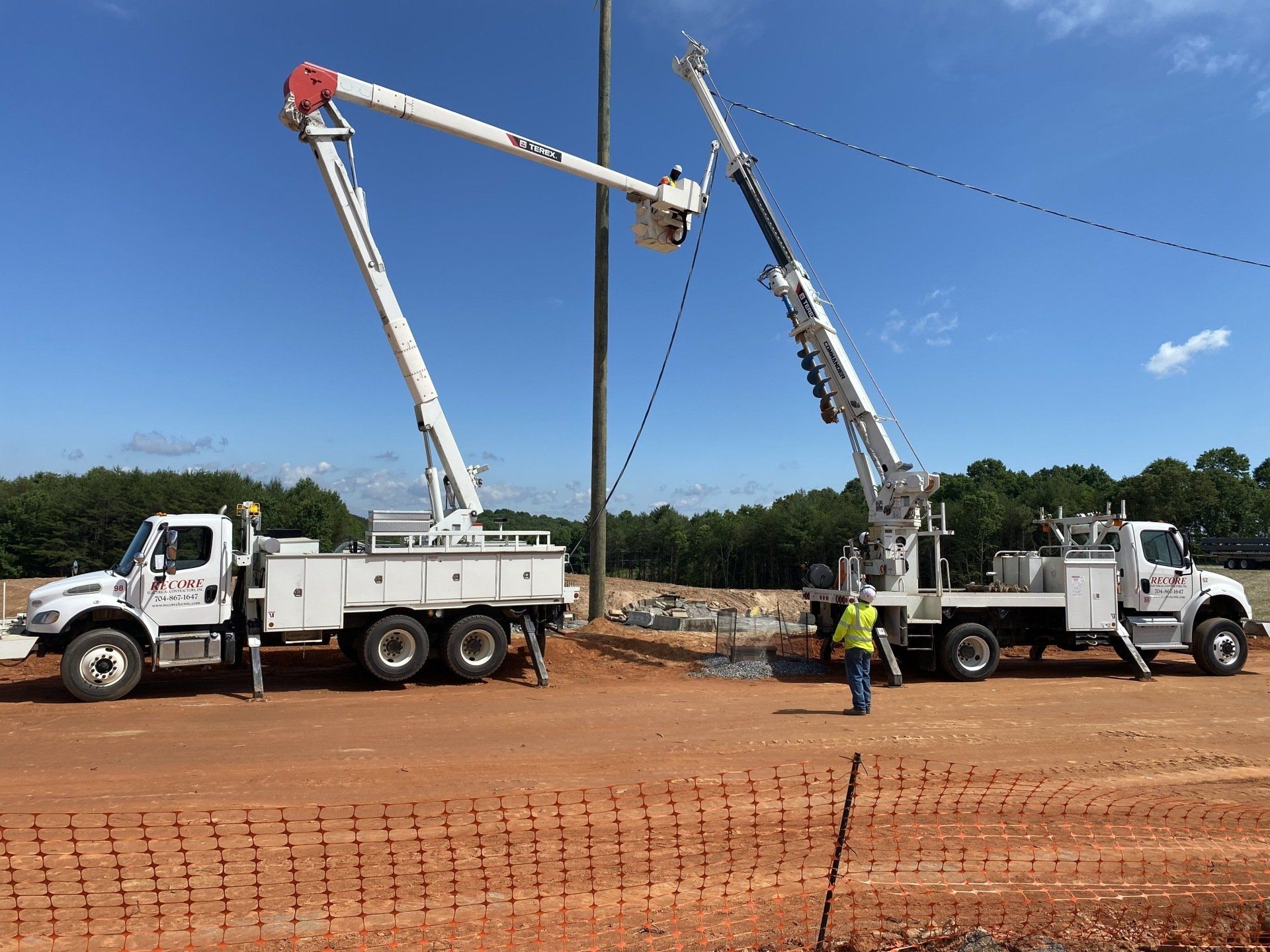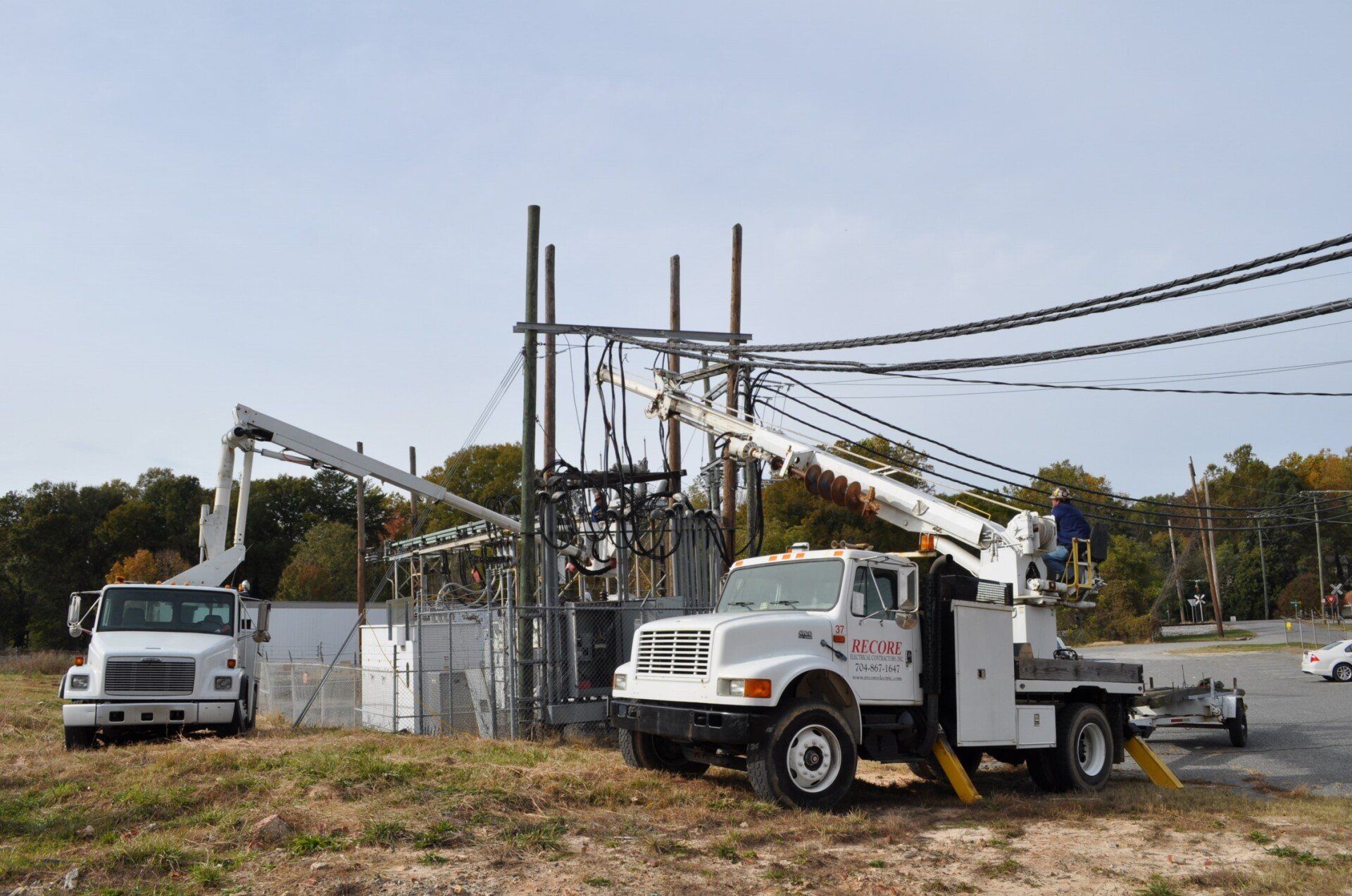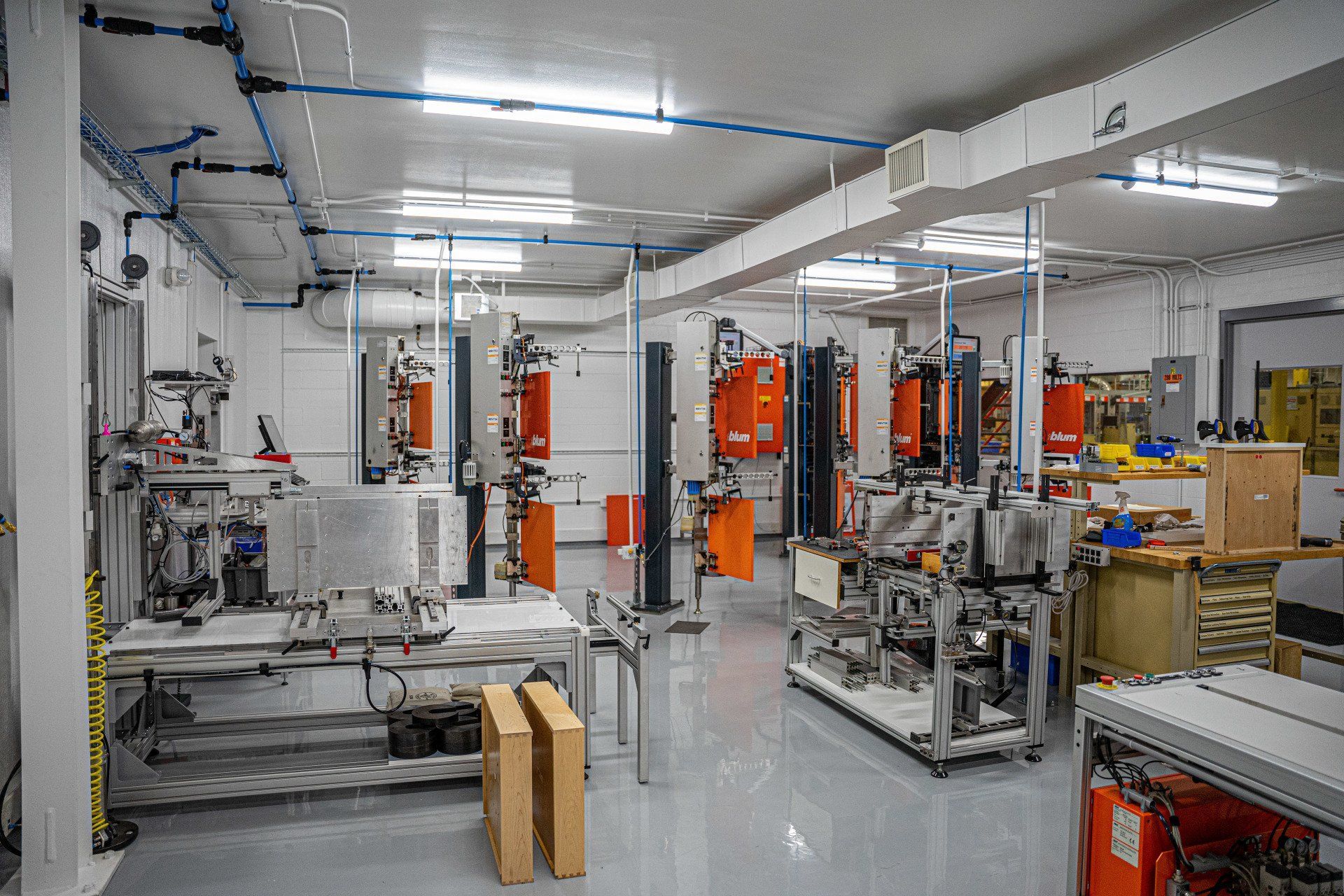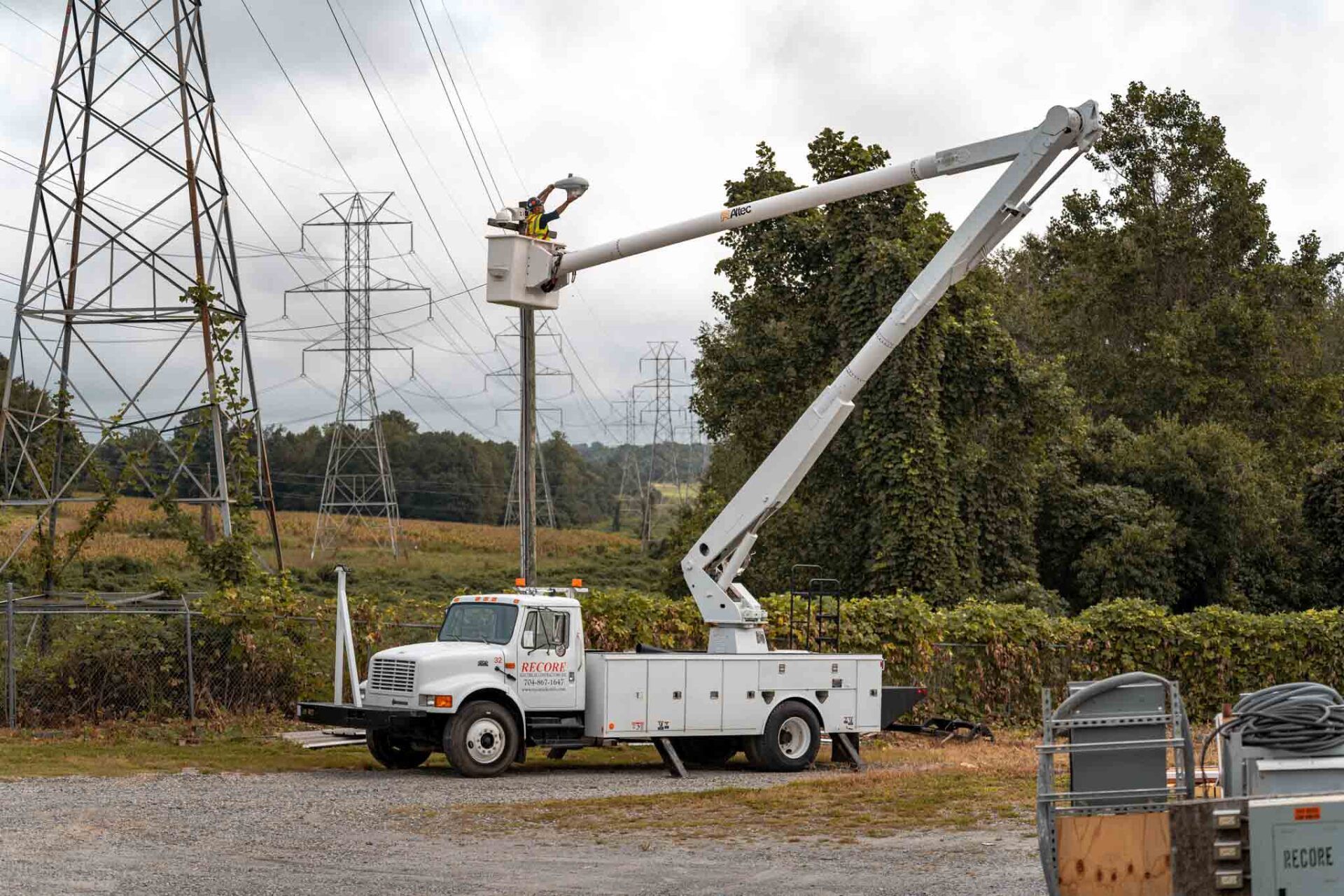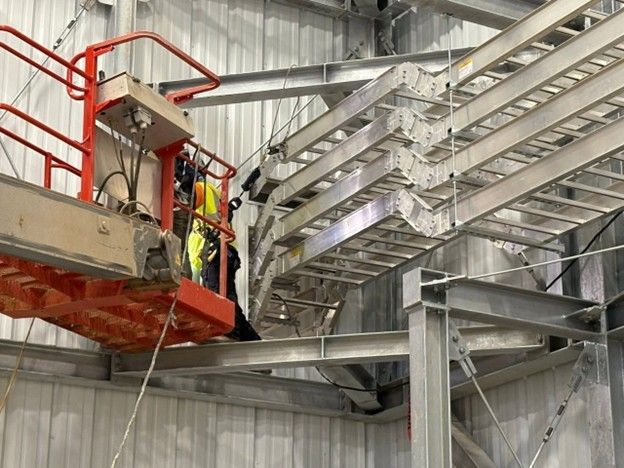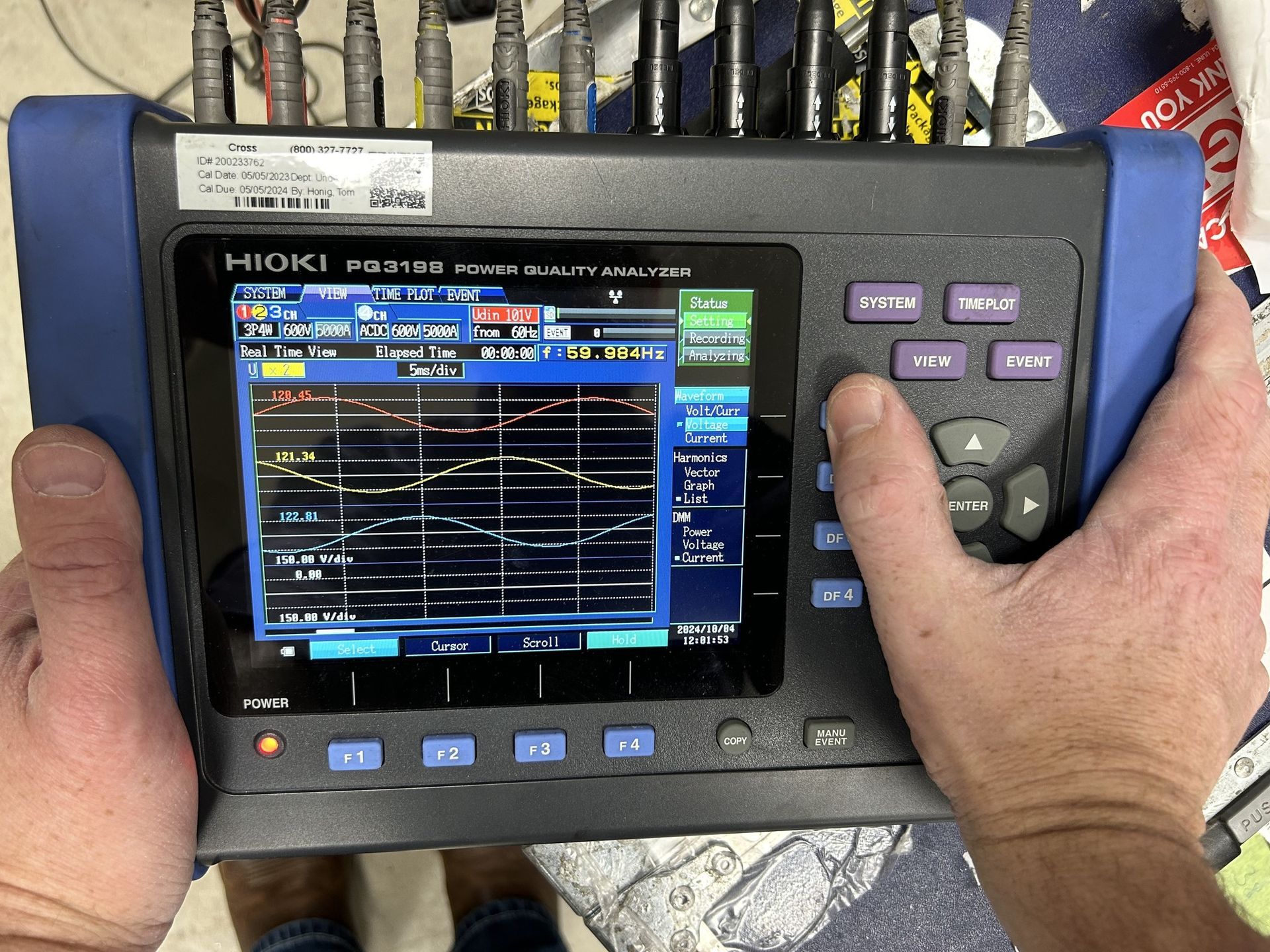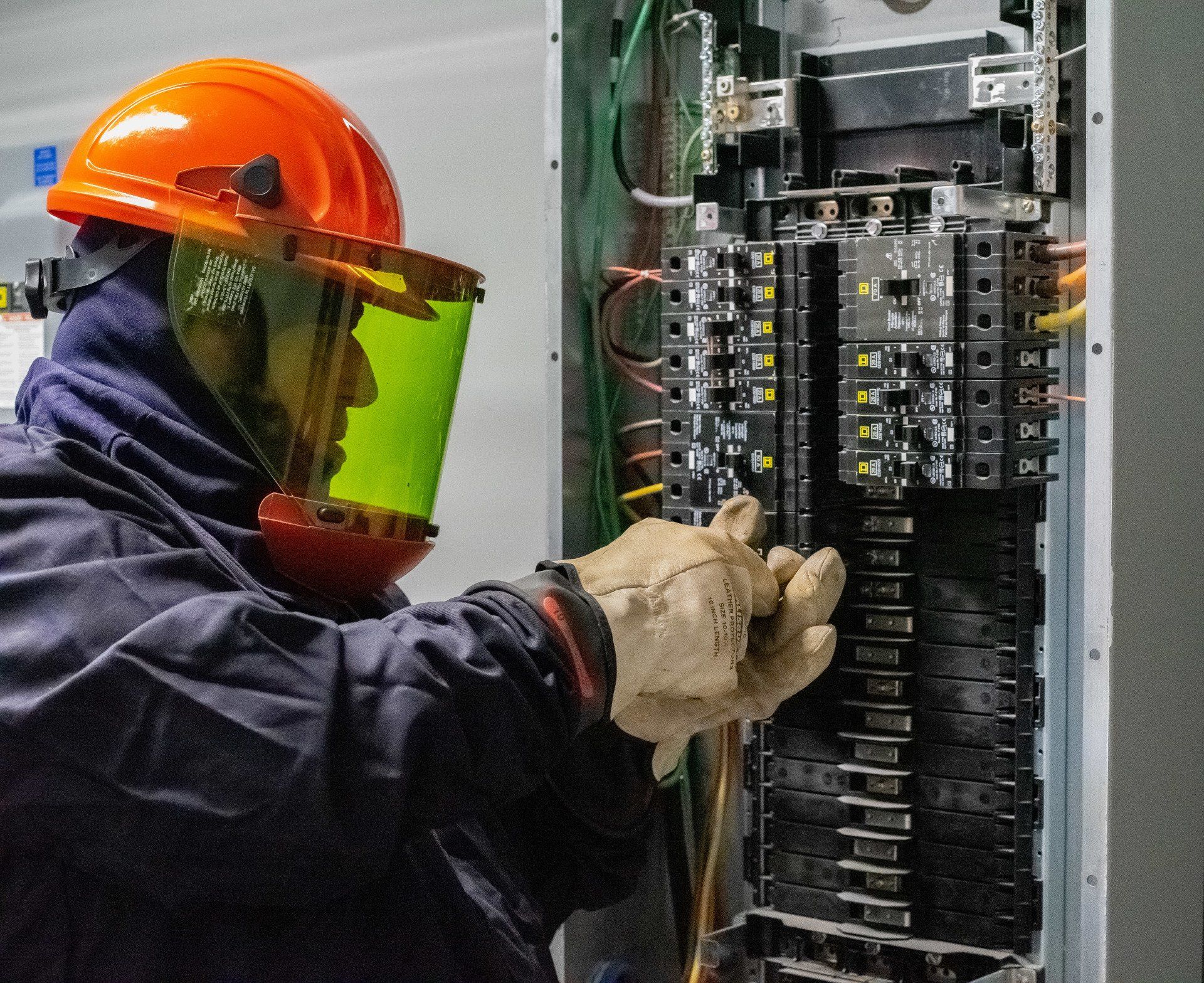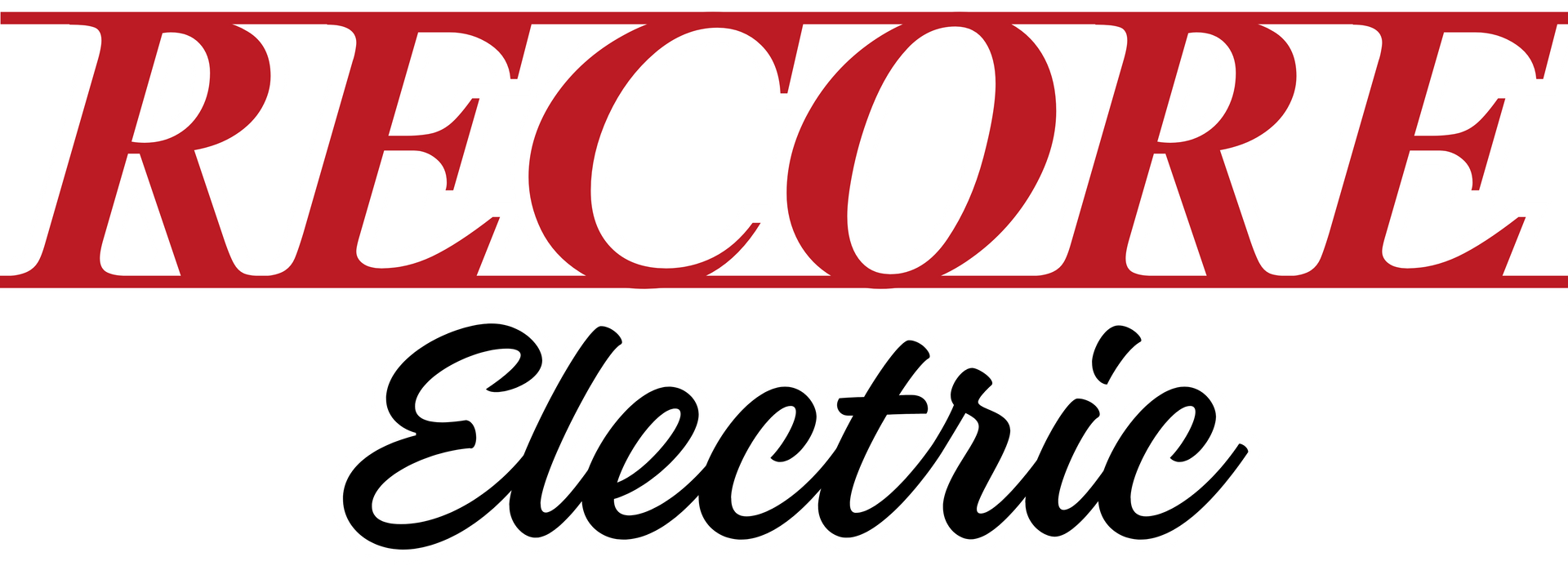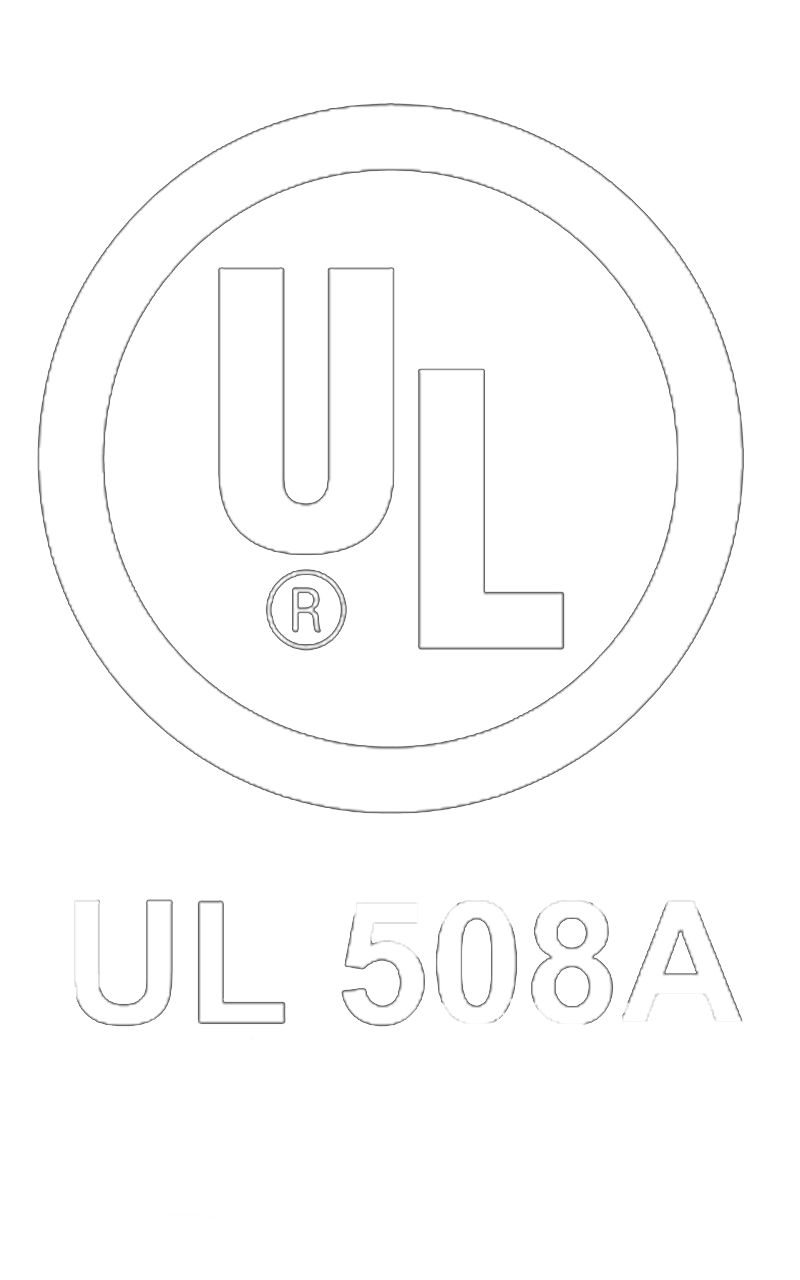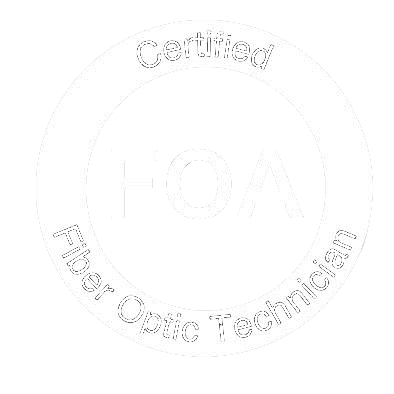Power Quality Inspections: Protecting Building Performance
In industrial and commercial environments, electrical distribution systems form the backbone of building performance and operational efficiency. These systems are far more dynamic than many people realize. Factors such as voltage sags, current harmonics, and power fluctuations can cause equipment degradation, energy inefficiency, and costly downtime.
At Recore, we specialize in Power Quality Inspections that help identify current inefficiencies and prevent future electrical failures. Our highly qualified technicians use cutting-edge monitoring tools to gather and analyze key electrical data. With a commitment to detailed reporting and system transparency, we give our clients the insights they need to improve performance, protect assets, and optimize long-term energy use.
This article explores what power quality inspections entail, why they matter, and how Recore's services support safer, more resilient operations.
What Is Power Quality?
Power quality refers to the consistency and reliability of voltage, current, and frequency in an electrical distribution system. In an ideal system, electrical power flows smoothly and maintains a constant voltage and frequency. However, real-world systems are often affected by disturbances such as:
- Voltage sags or spikes
- Harmonic distortion
- Transient surges
- Phase imbalance
- Poor power factor
These irregularities can result in equipment failure, increased energy usage, overheating of conductors, or unplanned outages. For facilities that depend on mission-critical systems or sensitive electronics, maintaining power quality is non-negotiable.
Why Power Quality Inspections Are Critical
Routine Power Quality Inspections provide a data-driven evaluation of how well your electrical systems are operating. They help reveal subtle inefficiencies and potential issues that may not be visible during routine maintenance.
According to the U.S. Department of Energy, poor power quality can lead to “high energy costs, increased downtime, and a reduction in equipment life”. The long-term effects can be especially severe in manufacturing plants, hospitals, data centers, and other environments with high equipment sensitivity.
That’s why power quality inspections are essential, not just to correct problems, but to avoid them in the first place.
What’s Included in a Recore Power Quality Inspection
At Recore Electric, we use a comprehensive approach to monitor and improve power quality across industrial and commercial facilities. Our inspection services include:
1. Power Quality Monitoring
Our technicians install metering and analysis tools to record voltage and current behavior over time. This allows us to assess how the system performs under both normal and peak load conditions.
2. Data Recording and Analysis
Using advanced diagnostic instruments, we track data points including frequency stability, load imbalances, transient spikes, and reactive power. This helps us build a complete profile of your electrical system’s behavior.
3. Voltage Sag Detection
Voltage sags, temporary drops in voltage, can cause machinery to trip offline, malfunction, or even become damaged. We identify the occurrence, duration, and source of these sags to reduce costly interruptions.
4. Harmonic Distortion Identification
Electrical harmonics are disturbances caused by non-linear loads such as VFDs, LED lighting, and UPS systems. Over time, harmonics can cause excessive heating in transformers and motors. Recore’s inspections identify and quantify these harmonics so they can be mitigated.
5. Capacity Monitoring
We measure load levels against the rated capacity of your transformers, switchgear, and panels. Monitoring electrical capacity ensures your system is not overloaded and allows for safe planning of future expansions.
6. Detailed Reporting
Our findings are compiled into a detailed, project-specific report. Clients receive clear visualizations, system data, and expert recommendations tailored to their facility. This empowers better decision-making regarding repairs, upgrades, and operational adjustments.
Benefits of Conducting Regular Power Quality Inspections
Businesses that invest in regular Power Quality Inspections gain more than just compliance with electrical standards. They benefit from:
- Improved System Reliability: Catching small issues early helps prevent major failures.
- Equipment Protection: By identifying voltage and current issues, you reduce the risk of overheating, arcing, or burnout.
- Energy Efficiency: Balanced loads and clean power reduce wasted energy and lower utility bills.
- Informed Expansion Planning: Accurate load and capacity monitoring helps you plan facility upgrades with confidence.
- Compliance: Many industrial codes and insurance policies now require or recommend power quality verification to support system safety.
The Occupational Safety and Health Administration (OSHA) emphasizes the need for electrical inspections as part of workplace safety standards. Conducting routine testing not only protects your equipment, it protects your workforce.
When to Schedule a Power Quality Inspection
Facilities should consider scheduling a Power Quality Inspection under the following conditions:
- Before commissioning a new facility or major equipment
- When experiencing unexplained equipment failure or electrical noise
- After adding large non-linear loads such as motor drives or server banks
- During routine facility audits or energy assessments
- Prior to expanding capacity or upgrading electrical infrastructure
Recore Electric also recommends periodic inspections as part of a preventive maintenance program. Regular data collection builds a historical record, which is invaluable for spotting long-term trends and avoiding costly surprises.
Who Performs the Inspection?
Power quality inspections should always be conducted by certified and experienced professionals. At Recore Electric, our Engineering Services Department is staffed by highly qualified technicians who understand both the technical and practical aspects of electrical systems.
We don’t just collect the data, we interpret it in a way that’s meaningful for your specific building or project. Whether you’re operating a manufacturing plant, warehouse, or commercial building, we’ll tailor our recommendations to your operational and budgetary goals.
Why Choose Recore?
At Recore, we treat Power Quality Inspections as more than just a checkbox on a maintenance schedule. Our detailed reports and advanced analytics offer a high-resolution view of your electrical distribution structure, helping you make informed choices about future upgrades, system repairs, or energy savings opportunities.
Our difference lies in our ability to combine technical expertise with practical implementation. We help clients move from data collection to decision-making faster, with more clarity and fewer complications.
Power Quality and the Future of Building Performance
As electrical demands continue to rise and more facilities adopt digital systems, maintaining power quality is becoming even more critical. Facilities that rely on sensitive technology, such as smart building controls, automated machinery, and energy storage systems, require consistent and distortion-free power to operate efficiently.
Power quality is no longer just an engineering concern. It’s a performance metric, a safety requirement, and a strategic priority. Recore Electric is here to help you meet that priority with confidence.
Final Thoughts
Power Quality Inspections are a key component of long-term electrical system health and operational success. Through expert data analysis, voltage monitoring, harmonic detection, and capacity planning, Recore Electric delivers the insights you need to reduce risk and improve performance.
Don’t wait for a system failure to address your power quality issues. Contact Recore today to schedule an inspection and start protecting your facility from electrical instability.
